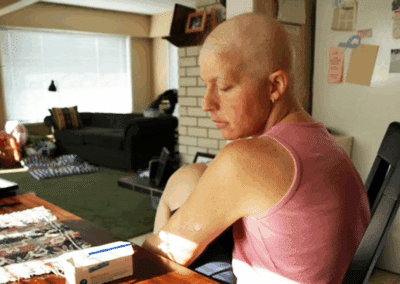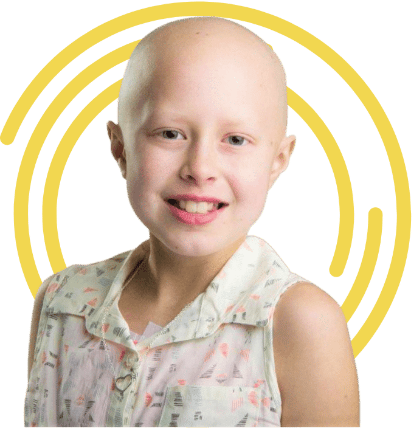As a professor of veterinary clinical medicine at the University of Illinois Urbana-Champaign and the associate director for translational research and development at the Cancer Center at Illinois, Dr. Fan has built his career around the emerging field of veterinary comparative oncology — the study of naturally occurring cancers in animals as models for human disease. This approach, which uses the biological similarities between species to accelerate cancer breakthroughs, has positioned Dr. Fan as a leader in the field.
The episode features insights from scientists at the National Cancer Institute, the University of Pennsylvania, the University of Wisconsin, Colorado State University, and the University of Illinois, highlighting the potential for breakthroughs that could reshape cancer care for humans and animals alike.
The Canine Cancer Connection
Osteosarcoma, a particularly aggressive bone cancer, is significantly more common in larger dog breeds, including Scottish Deerhounds, rottweilers, golden retrievers, Labradors, and St. Bernards. In dogs, osteosarcoma typically occurs in middle to older age (7-10 years), while in humans it more commonly strikes during adolescence, when bone growth is rapid.
Despite these age differences, the disease behaves similarly in both species, often emerging in the long bones near joints, making dogs an invaluable model for studying this challenging cancer.
For researchers like Dr. Fan, this natural occurrence of osteosarcoma in pet dogs provides a unique opportunity for translational research.
“In the past two decades, we have seen the emergence of precision medicine, and immunotherapy has become a dominant focus over the last 10 years,” Dr. Fan says. “What we aim to do in comparative oncology is to follow these trends and explore how small molecules or engineered immune cells can be used to target and disrupt cancer cells.”
Innovations in Osteosarcoma Research
Dr. Fan is currently a co-investigator on an Osteosarcoma Institute (OSI)-funded research project alongside Seth M. Pollack, MD, a leading sarcoma expert and director of the sarcoma program at Northwestern Feinberg School of Medicine.
Their joint effort focuses on a pioneering immunotherapy known as CAR T-cell therapy — a treatment strategy that uses a patient’s own immune cells, engineered to better recognize and attack cancer cells. This innovative approach, typically associated with blood cancers, is now being tested for solid tumors, including osteosarcoma.








